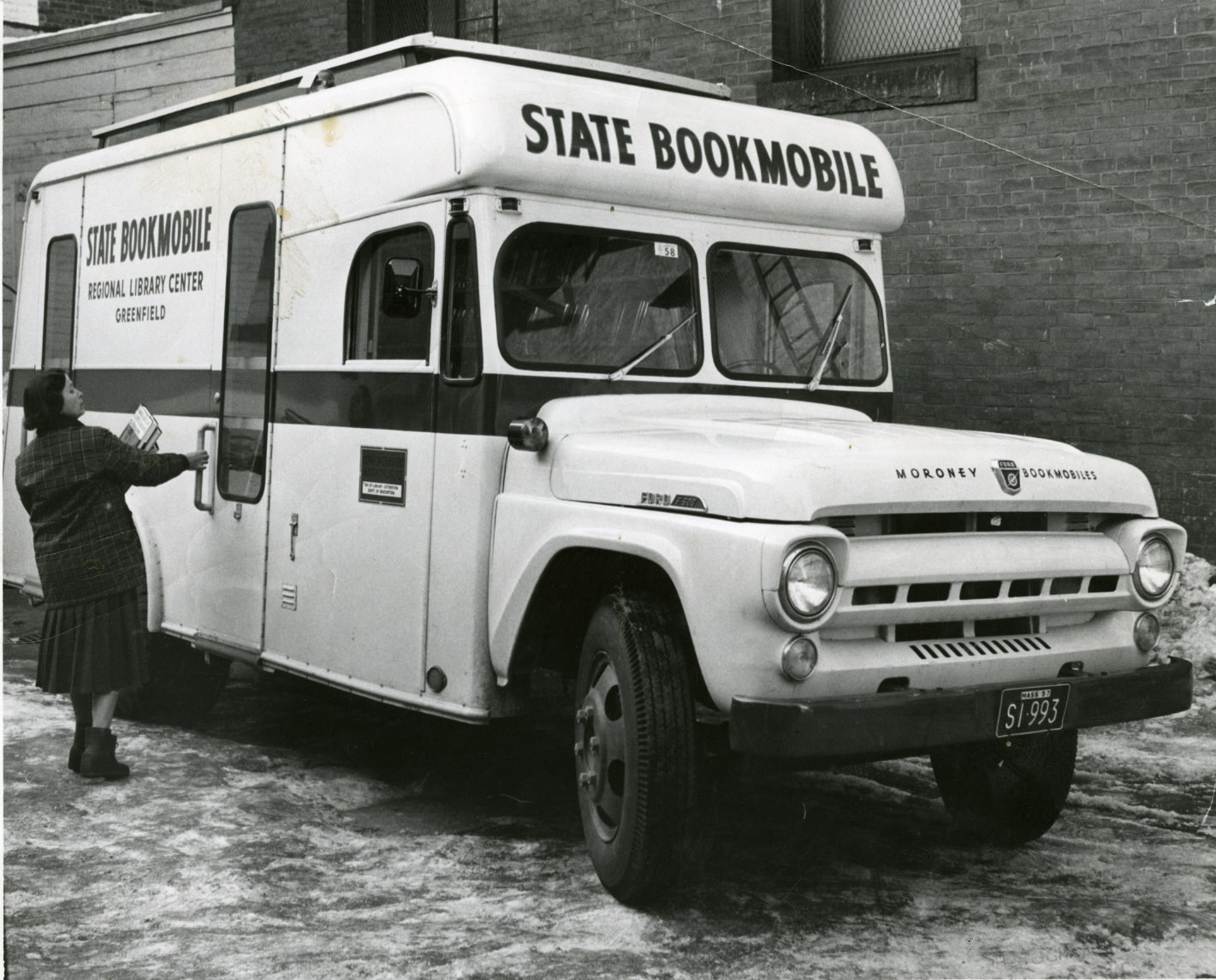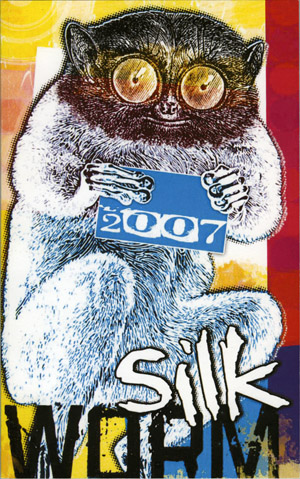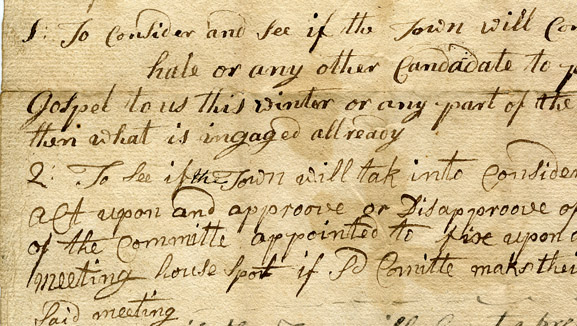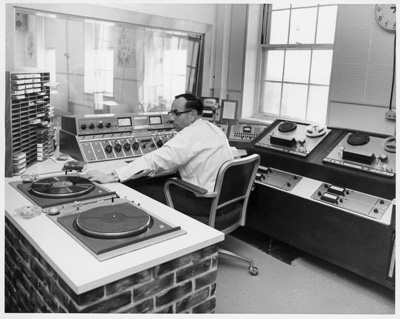Western Massachusetts Library Advocates Records
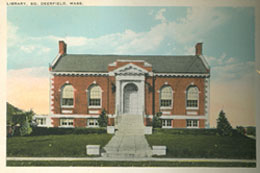
Situated in a region known for its progressive spirit, the Western Massachusetts Library Club was established in 1898 to respond to the unique needs of librarians overseeing small or rural libraries, and to foster camaraderie among local colleagues. Almost immediately, however, the club expanded its focus, taking positions on issues ranging from modern library practices to national legislation and leading the way in the expansion of services for public libraries, all while maintaining its identity as an advocate for local libraries and librarians.
The collection is richest in records that document the early history of the club including detailed meeting minutes, news clippings, programs, and circulars. Beginning in the late 1960s, the club’s activities are captured primarily through membership lists and meeting notices and programs. Taken together, the records trace the growth of the WMLC for more than a century from its establishment to the present.


